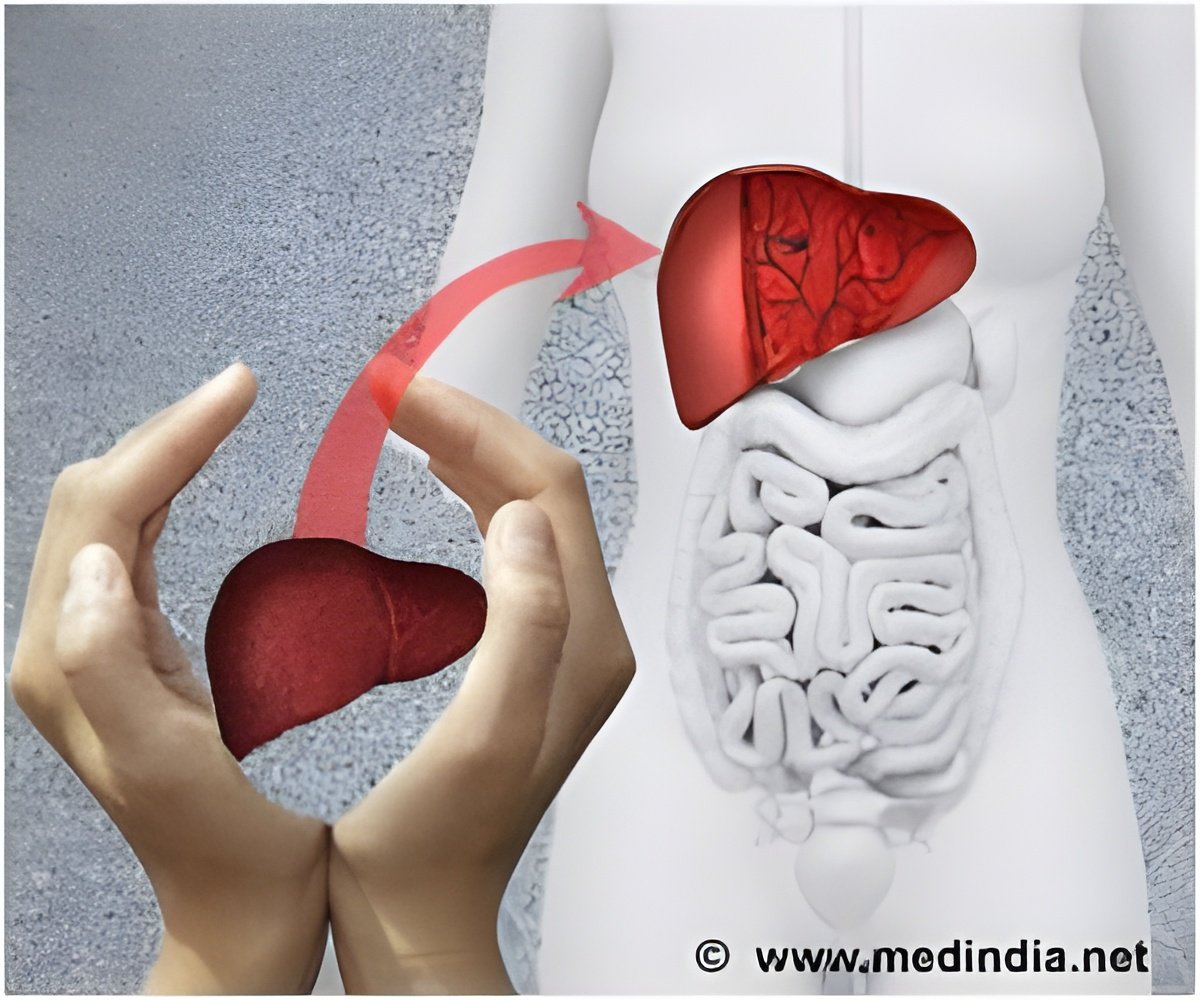Aspects of nutrition need to be addressed in patients with cirrhosis who had a liver transplant, especially those suffering from muscle wasting.

‘Consuming adequate amount of calories and protein can help fight poor nutritional status in liver transplant patients.’





The new review was published in Liver Transplantation."Muscle wasting is frequently overlooked in liver transplant candidates as nutritional assessment is not routinely carried out as part of clinical practice, and an accurate assessment can be complicated by obesity or fluid retention," said the review’s senior author, Aldo J. Montano-Loza, MD, MSc, PhD, of the University of Alberta.
"Muscle wasting is one of the major features of undernutrition in cirrhosis, and currently, high resolution image-based techniques such as computed tomography constitute the best way to evaluate body composition in these patients."
According to Dr. Montano-Loza and his colleagues, ensuring adequate caloric and protein intake forms the foundation of therapy for undernutrition in liver transplant candidates, and patients should avoid fasting for longer than six hours.
Studies have demonstrated potential for additional therapies—such as consuming branched-chain amino acids or fish oil supplements and taking hormone replacement therapy; however, their potential benefits need to be confirmed in randomized controlled trials.
Advertisement
He noted that for cirrhosis patients who do not have access to dieticians and exercise specialists, it’s especially important that their clinicians are aware of guideline recommendations for both diet and physical activity.
Advertisement
Source-Eurekalert















